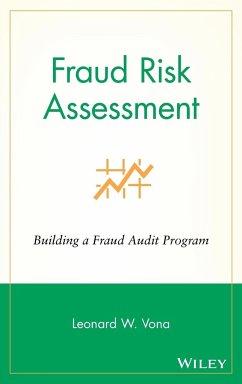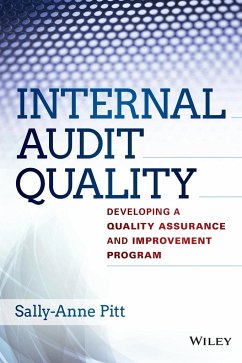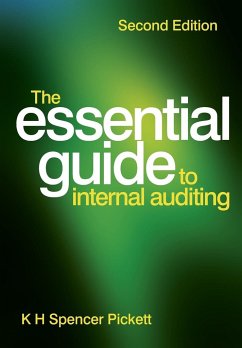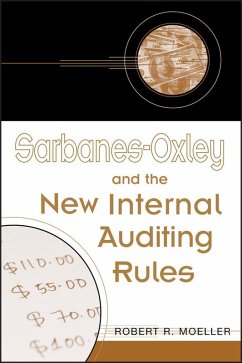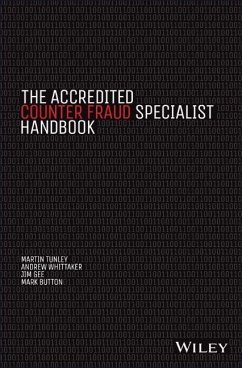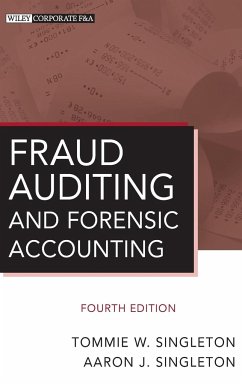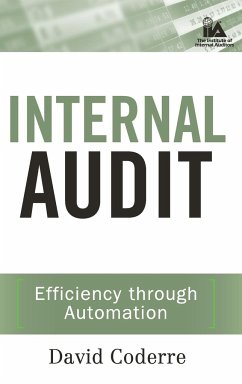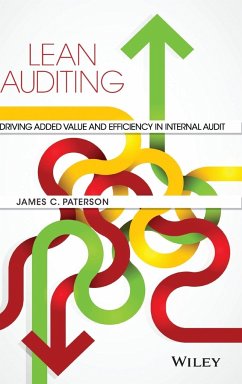Nicht lieferbar
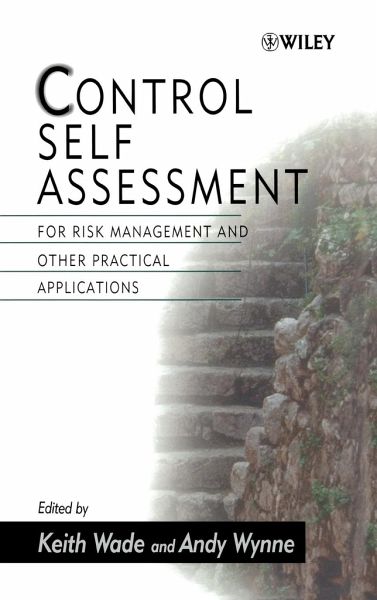
Control Self Assessment
For Risk Management and Other Practical Applications
Herausgegeben von Wade, Keith; Wynne, Andy
Versandkostenfrei!
Nicht lieferbar
Control Self Assessment (CSA) ist eine Methode, die Managern und Angestellten hilft, systematisch für ihren Verantwortungsbereich zu bewerten, inwiefern sie zur Erreichung der Unternehmensziele beitragen und sich gegen Betriebsrisiken absichern. CSA ist eine Managementmethode und wird normalerweile durch die interne Revision veranlaßt, von der sie bisweilen sogar als Mittel zur Erweiterung des Revisionsbereiches eingesetzt wird. CSA gehört zu den am heißesten und kontroversesten diskutierten Revisions- und Managementfragen. Dieses Buch enthält Beiträge über die Einführung von CSA in ei...
Control Self Assessment (CSA) ist eine Methode, die Managern und Angestellten hilft, systematisch für ihren Verantwortungsbereich zu bewerten, inwiefern sie zur Erreichung der Unternehmensziele beitragen und sich gegen Betriebsrisiken absichern. CSA ist eine Managementmethode und wird normalerweile durch die interne Revision veranlaßt, von der sie bisweilen sogar als Mittel zur Erweiterung des Revisionsbereiches eingesetzt wird. CSA gehört zu den am heißesten und kontroversesten diskutierten Revisions- und Managementfragen. Dieses Buch enthält Beiträge über die Einführung von CSA in einer großen Zahl öffentlicher und privater Organisationen, wie z.B. Ernst & Young, Arthur Anderson, Guardian Financial Services, Inland Revenue und NHS. Mit einer Fülle von Fallstudien. (y01/99)





